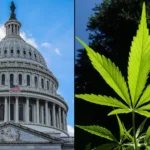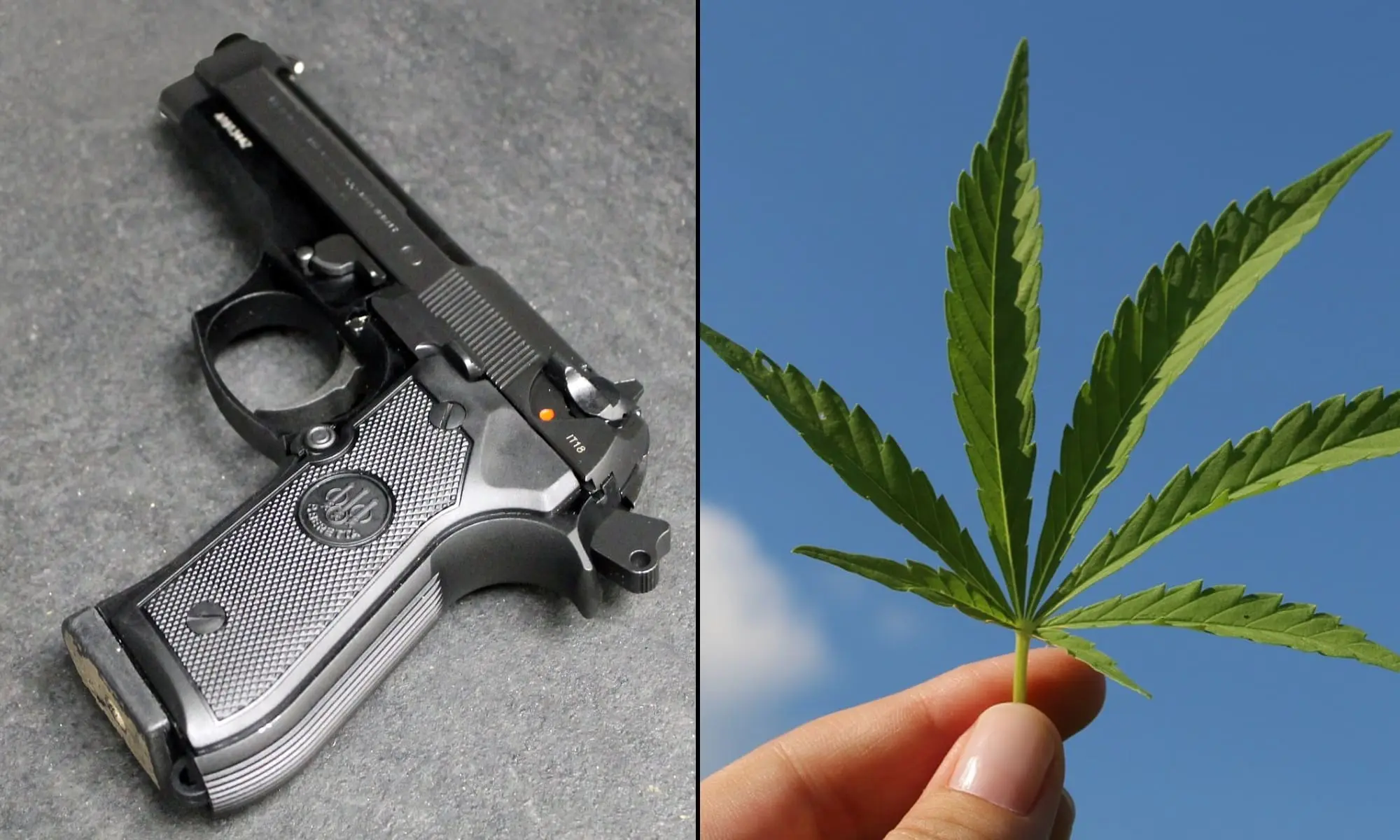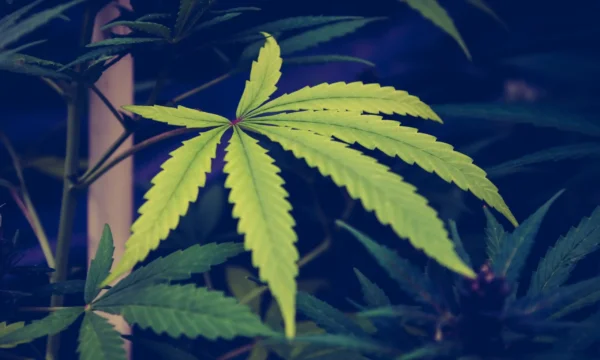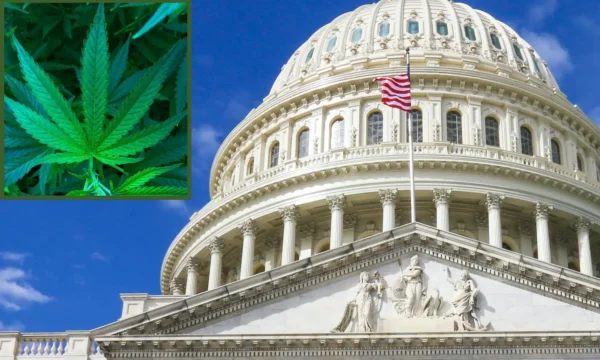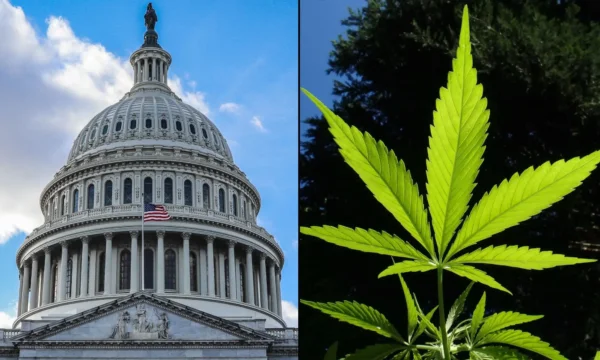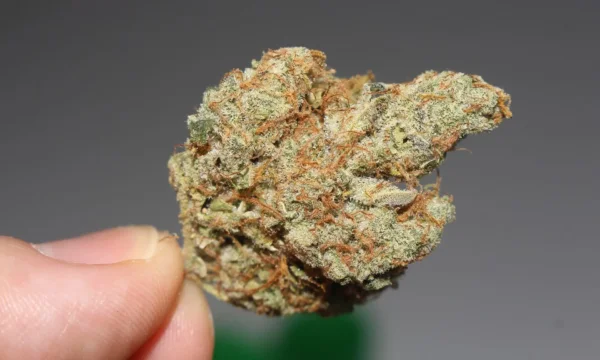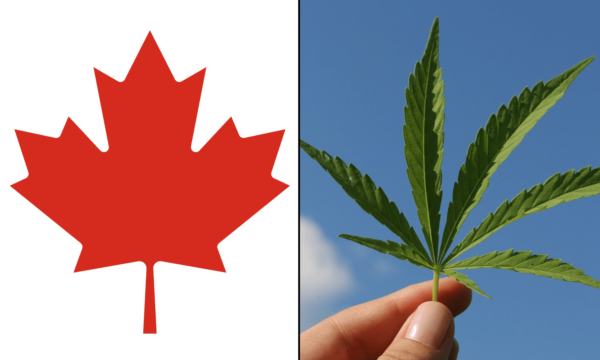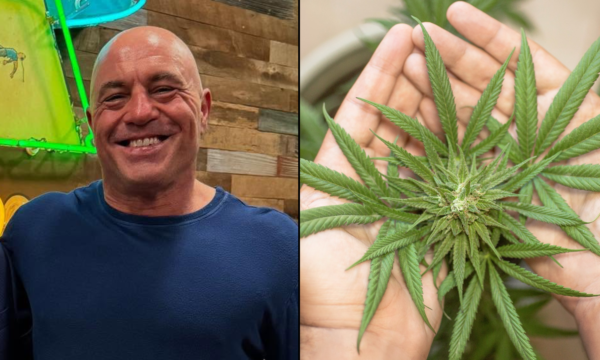Supreme Court Asked To Take Up Case Of Man Prosecuted For Lying About Marijuana Use While Buying Guns
Supreme Court marijuana gun rights are about to be tested
Picture a late-night diner, the coffee burnt, the neon buzzing like a hornet. That’s where this debate belongs: blunt, unvarnished, and very American. The stakes? Supreme Court marijuana gun rights. A man named Erik Harris told the truth after he didn’t—he admitted he lied on a federal gun-buying form about marijuana use. He wasn’t accused of being high when he bought the firearms. He wasn’t accused of waving a pistol in a haze of smoke. Still, federal law—922(g)(3)—brands unlawful drug users as too dangerous to own a gun, full stop. Harris is asking the high court to step in, arguing that the government relies on hunches about “future danger” rather than facts. And the timing is combustible: justices are already gearing up to discuss several petitions involving cannabis consumers’ Second Amendment rights, in a nation where roughly 74 percent of people live in states with legal marijuana in some form. Between the sizzle of legalization and the cold steel of federal prohibition, this is where the grease hits the griddle.
The government wants the rough case; Harris offers the clean one
There’s more than one route to the Court, and DOJ seems to prefer the scenic road lined with bad facts. In one pending matter, the defendant used cannabis and cocaine and had a history of selling drugs—details that make it easier to paint the whole picture in darker colors. Harris’s petition says: take a case that isolates the core question—can the government disarm a recreational marijuana user absent intoxication or any other crime? His lawyers also argue 922(g)(3) is unconstitutionally vague. The legal weather changed in 2022, when the Supreme Court told lower courts to check modern gun restrictions against history and tradition from around 1791. Since then, the government has rummaged through dusty bins of analogues: “drunkenness” and “lunacy” laws that focused on individuals actually behaving dangerously, or outright discriminatory regimes that disarmed disfavored groups. That grab bag hasn’t aged well. Even if the vibe is colonial, the throughline is particularized risk—not a blanket ban on anyone who once passed a joint.
Split circuits, split realities
Across the map, federal appeals courts are increasingly calling the government’s bluff. The Tenth Circuit has said if prosecutors want to enforce the cannabis gun ban, they must prove non-intoxicated marijuana users pose a risk of future danger—and that kind of proof takes facts, not folklore. The Eighth Circuit vacated a conviction and sent it back, signaling a jury might need to decide if cannabis use actually made the defendant dangerous. On another track, the Eleventh Circuit gave medical cannabis patients a win, rejecting a categorical disarmament while the Third Circuit said judges must make individualized judgments—no one-size-fits-all. The theme is becoming a chorus: cannabis use, by itself, isn’t a magic key that unlocks “dangerousness.” Courts want a record. They want a reason tethered to the person, not the plant. And if the Supreme Court takes Harris—or any of these cases—it will finally decide whether federal cannabis firearm policy must meet that higher bar.
States keep stirring the pot
Even as federal judges parse history, states are remixing the present. Some lawmakers push to protect patients and permit holders; others tighten the screws on hemp-derived intoxicants and retail access. In the Midwest, one proposal would card the hemp aisle like a nightclub: see New Ohio Senate Bill Would Ban Sale Of Intoxicating Hemp Products To People Under 21. South of there, regulators followed a governor’s lead and locked the door to younger customers, too—see Texas Health Officials Adopt Rules To Ban Hemp THC Sales To People Under 21 In Response To Governor’s Executive Order. Meanwhile, the medical side isn’t immune to bureaucratic choke points; in the Great Plains, a lawmaker formally challenged rules that could hobble access before it even gets rolling: Nebraska Senator Files Formal Challenge To Restrictive Medical Marijuana Rules Signed By Governor. Pull back the lens and the contradictions snap into focus: in one corner, the state sharpens its scissors; in another, it hands you a schedule. And far from America’s courthouses, the global stakes are brutal, even fatal. An athlete’s case overseas is a chilling reminder of how wildly cannabis risks swing across borders: American athlete faces death penalty for cannabis in Indonesia (Newsletter: October 6, 2025). Context like that makes the U.S. gun-rights fight feel both parochial and urgent.
When the gavel drops, what then?
If the justices take Harris, they can answer the question cleanly: must the government show an actual, individualized risk to disarm a cannabis user who wasn’t intoxicated, threatening, or criminal beyond the plant? A ruling that demands real proof wouldn’t make firearms a free-for-all; it would simply tether disarmament to behavior, not to a category. It would also force a reckoning inside federal agencies, where warning letters and categorical guidance often outpace the facts on the ground. For gun owners in legal states, clarity would replace the murk of “maybe” and “it depends.” For the cannabis industry and patients, it would signal whether normalization includes core civil liberties. And for Congress, it would be a flashing sign to harmonize cannabis law with reality. Until then, we’re stuck in the gray—states pushing and pulling, federal courts circling the same question, and ordinary people caught in the crossfire of policy and principle. If you value informed choices in the middle of that chaos, keep exploring the space—and when you’re ready to experience top-shelf selections responsibly, visit our shop at https://thcaorder.com/shop/.




